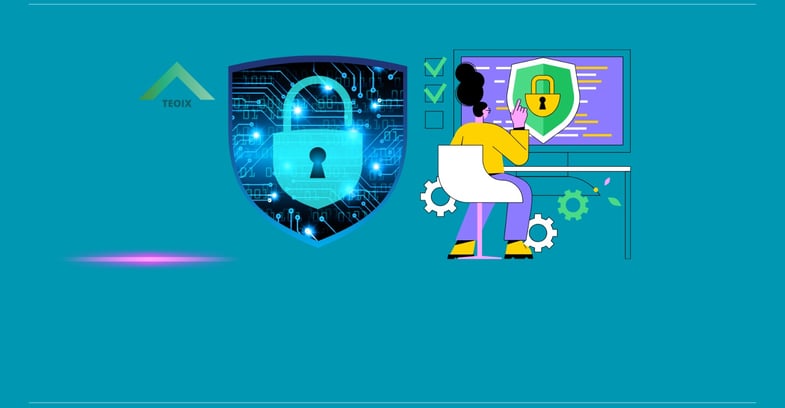The Imperative of Data Security in Modern Organizations
SECURITY
5/2/20242 min read


The need of strong data security in contemporary enterprises cannot be emphasized in a time when data is the foundation of operations. Organizations are entrusted with enormous volumes of data, from exclusive intellectual property to sensitive consumer information, making them easy targets for cyber assaults. Here are several reasons why, in today's digital world, putting data security first is not simply necessary, but also strategically important.
Preserving Trust and Confidentiality
Sensitive information is compromised by data breaches, which can undermine faith in an organization's ability to protect data. Confidentiality must always be upheld, whether it concerns financial information, trade secrets, or personal information. Breach can result in irreversible harm to one's reputation, financial loss, and legal repercussions. Organizations show their dedication to safeguarding stakeholders' interests and building brand trust by putting strict security measures in place.
Reducing Monetary Losses and Potential Legal Repercussions
The consequences of a data breach can be quite costly. Organizations that violate data protection rules like GDPR, CCPA, or HIPAA risk fines, legal fees, and regulatory penalties in addition to immediate financial losses. Furthermore, the price of remediation may increase much more and include forensic investigations, consumer notifications, and credit monitoring. Putting money into strong data security measures reduces the financial effect of possible breaches by acting as proactive risk management.
Protection of Intellectual Property
Intellectual property (IP) is often an organization's most valuable asset. Protection of intellectual property is essential for sustaining innovation and competition, whether it be in the form of product ideas, research discoveries, or proprietary algorithms. IP theft and compromise cyberattacks are a serious danger to long-term viability. To prevent such assaults and protect the integrity of intellectual property, data encryption, access controls, and monitoring systems can be put into place.
Maintaining Operational Reliability
Operations can be disrupted by data breaches, which can result in lost productivity, downtime, and confusion. The repercussions of compromising data integrity can be dire, including ransomware attacks, data corruption, and system failures. Organizations may lessen the effects of such disruptions and guarantee operational continuity by giving priority to data security measures including frequent backups, disaster recovery plans, and cybersecurity training for staff members.
Fulfilling Requirements of Regulations
Global data protection standards have gotten so numerous that enterprises can no longer afford to ignore compliance. Organizations that disobey regulatory obligations run the danger of legal trouble in addition to reputational damage. Organizations can show their dedication to moral business conduct and steer clear of non-compliance traps by following regulations and putting industry best practices for data protection into practice.
To sum up, data security is a strategic necessity for contemporary businesses rather than only a technological one. Organizations may secure intellectual property, reduce financial and legal risks, maintain operational continuity, preserve confidentiality, and comply with regulations by making data protection a top priority. For long-term success and sustainability in the linked world of today, when data breaches are a constant concern, it is imperative to invest in strong data security measures.


